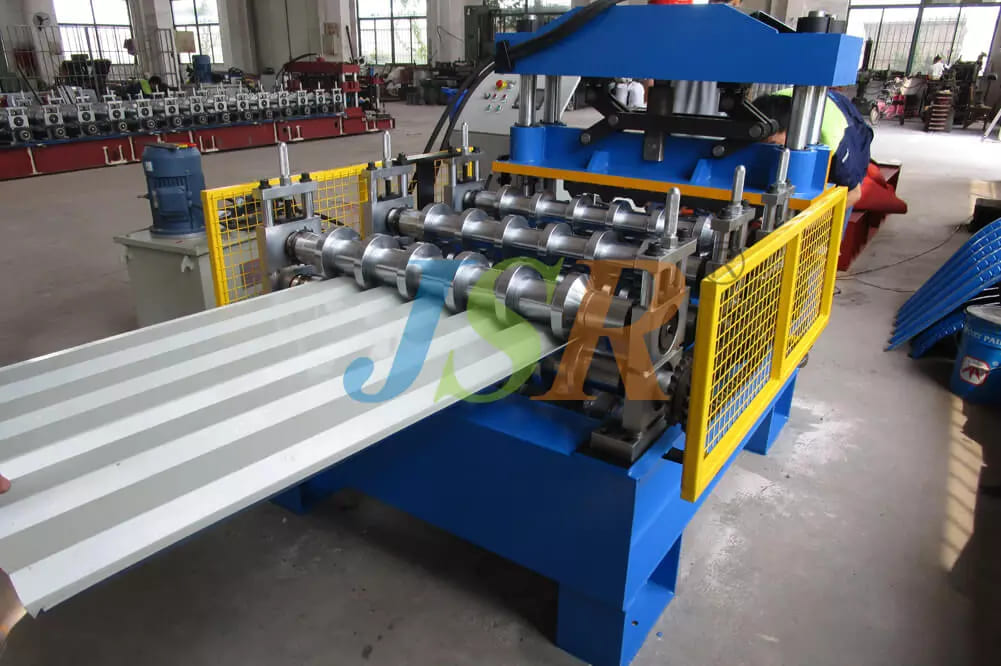Unraveling The Filtration Process
Mining operations involve a range of processes, from excavation and processing to transportation and refining. Each of these processes generates waste products, residues, and impurities that can compromise the performance and durability of equipment. Filtration is a critical component in minimizing these risks, thereby optimizing the overall functioning of the mining operation.
There are several types of filtration systems used in mining applications. Air filtration systems are designed to remove airborne particles and contaminants from the air, while hydraulic filtration systems focus on filtering pumped fluids and lubricants. Additionally, there are water filtration systems that eliminate impurities from water, and dust collectors used to minimize hazardous dust particles.
Air filtration systems are critical in reducing the amount of airborne contaminants in mining environments. Dust, no matter its origin (generated from drill bits, conveyor belts, or equipment malfunction), is a constant hazard that can cause complications. Effective air filtration systems help remove dust and metals from the air, ensuring a cleaner working environment for miners.
Another important aspect of air filtration systems in mining is in maintaining the operational performance of equipment. If particles accumulate inside cooling systems or engines, their efficiency can be greatly affected, leading to costs. Regular air filtration ensures clean air intake and reduces the risk of costly fixes.
In addition to maintaining equipment efficiency, filtration systems can also aid in water management in mining. The tailings piles and water storage areas are commonly surrounded by filtration systems to handle any metals or contaminants that the water might contain.
Filtration systems also assist in energy efficiency by filtering and cleaning machinery components before reusing the recycled lubricants by reusing this. This process helps in reducing the wastage caused by lubricant change.
filter press in pharmaceutical industry conclusion, filtration in mining applications is essential for ensuring proper equipment functionality, minimizing operational risks, and maintaining overall performance. Types of filtration systems, such as air, hydraulic, water, and dust collector filtration systems, are all indispensable for mining operations.
As a precautionary measure, the machinery requires a regularly checked system to ensure that the filtration never becomes unreliable and poses risks to the workings of the machinery and the miner working in this field.

Designed by sketchbooks.co.kr / sketchbook5 board skin
Sketchbook5, 스케치북5
Sketchbook5, 스케치북5
Sketchbook5, 스케치북5
Sketchbook5, 스케치북5